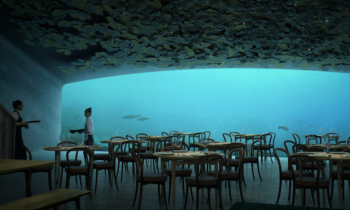 Dubai, the Maldives, Florida – and now Norway. Underwater restaurants are usually confined to exotic destinations – but a village on the south coast of Norway is down to join the ranks.
Dubai, the Maldives, Florida – and now Norway. Underwater restaurants are usually confined to exotic destinations – but a village on the south coast of Norway is down to join the ranks.
Under – due to open in February 2018 near Båly – will be a concrete structure tipping into the sea, reports CNN. Designed by Norwegian architecture firm Snohetta, it’ll be half-submerged, resembling both a periscope and sunken ship.
“It should be an exciting experience, but people should also feel secure and well sitting down there,” Rune Grasdal, the project’s lead architect, told CNN.
With an emphasis on local cuisine, the restaurant will accommodate up to 100 people. A huge panoramic window will provide views of the seabed and abundant marine life.
Guests will descend three levels through a submerged wardrobe area, a champagne bar and then finally the restaurant itself. The name, Under, is a play on words – in Norwegian, “under” can also mean “wonder”.
Renderings of the project show a restaurant half-submerged into the icy waters off the coast of Båly, a town about three hours from Kristiansand, Norway’s fifth-largest city.
Not only will it be a unique foodie experience, but according to Snohetta, the restaurant will also serve an ecological purpose.
“Under has been designed with sensitive consideration for its geographic context and aquatic neighbours,” reads the website. “The sleek, streamlined form of the building is encapsulated in a concrete shell with a coarse surface that invites mussels to cling on. Over time, as the mollusc community densifies, the submerged monolith will become an artificial mussel reef that functions dually to rinse the sea and naturally attract more marine life to its purified waters.”
As the restaurant becomes a reef, interdisciplinary teams will be invited to study marine behaviour and fish biology – aiming to optimise conditions for fish and shellfish in close proximity to the restaurants, meaning more choice for seafood lovers.
It’s not the first time Norwegians have floated the idea of an aquatic tourist attraction. In 2014, a snowflake-shaped floating hotel to be built in the waters off Tromsø was announced to great fanfare. It never materialised, however.
Here’s hoping Under will be less of a disappointment.
(independent)


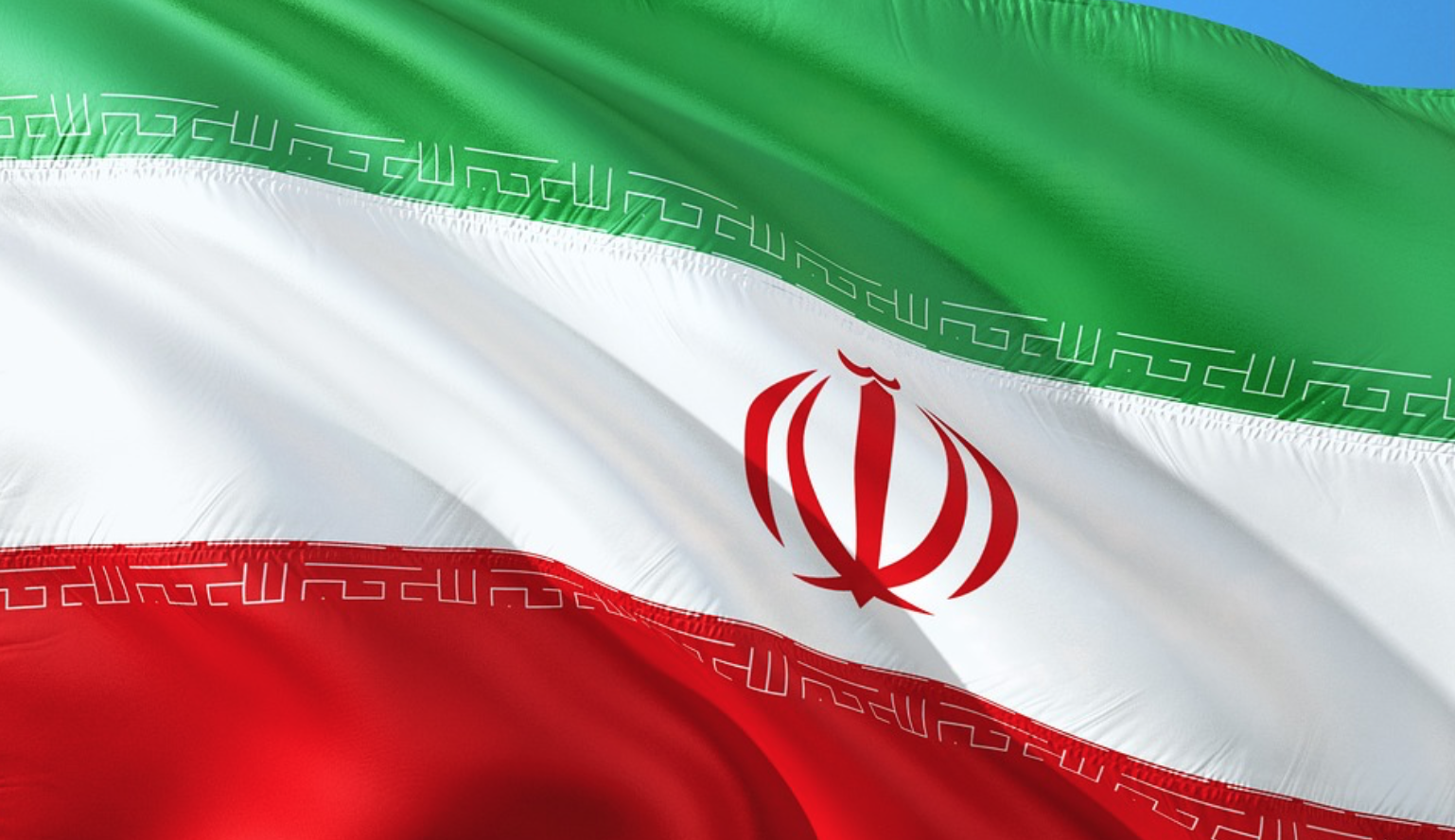
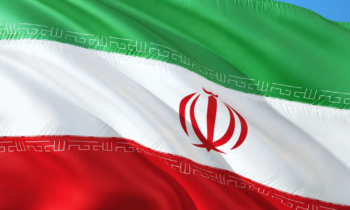 Saga Energy is working on a $2.9 billion deal with Iran’s Amin Energy Developers
Saga Energy is working on a $2.9 billion deal with Iran’s Amin Energy Developers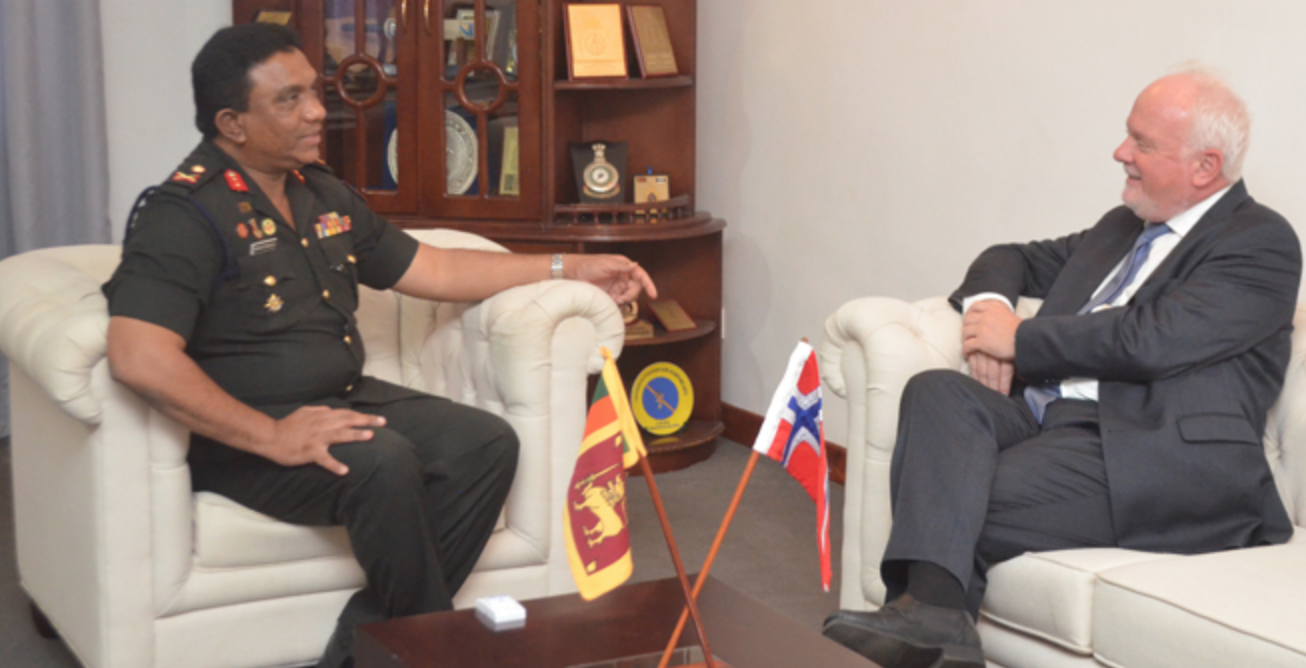
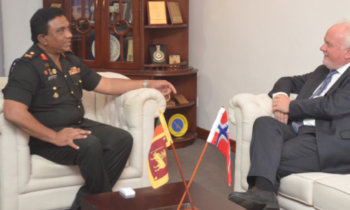 A delegation of Norwegian envoys led by HE Mr Thorbjorn Gaustadsaether, Ambassador of Norway in Sri Lanka during a tour to the Jaffna peninsula called the Security Force Headquarters – Jaffna (SFHQ-J) on Wednesday (18) and had a brief exchange of views with the Commander, Security Forces – Jaffna, Major General Darshana Hettiarachchi at the SFHQ in Palaly, Jaffna.
A delegation of Norwegian envoys led by HE Mr Thorbjorn Gaustadsaether, Ambassador of Norway in Sri Lanka during a tour to the Jaffna peninsula called the Security Force Headquarters – Jaffna (SFHQ-J) on Wednesday (18) and had a brief exchange of views with the Commander, Security Forces – Jaffna, Major General Darshana Hettiarachchi at the SFHQ in Palaly, Jaffna.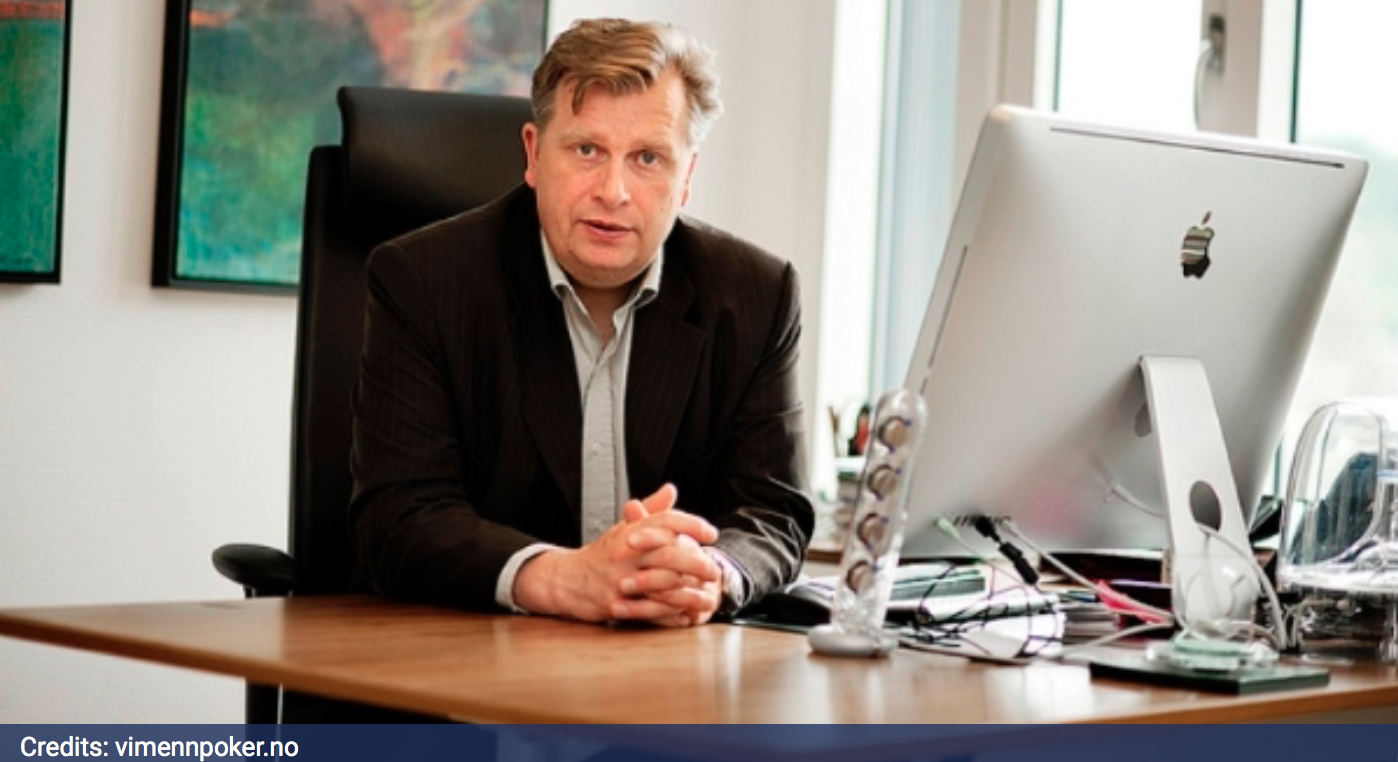
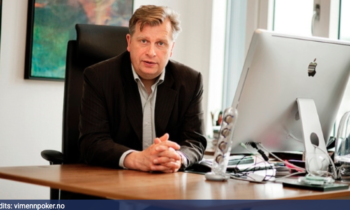 The Director General of the Norwegian Gaming Authority assured the gambling monopoly system is the best way to tackle the industry.
The Director General of the Norwegian Gaming Authority assured the gambling monopoly system is the best way to tackle the industry.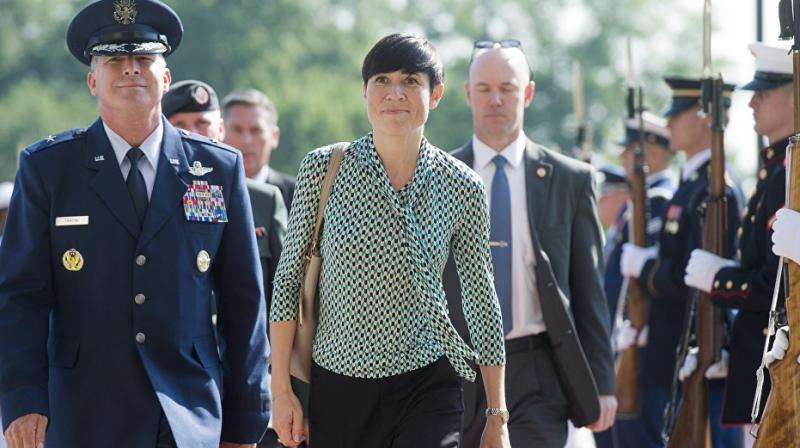

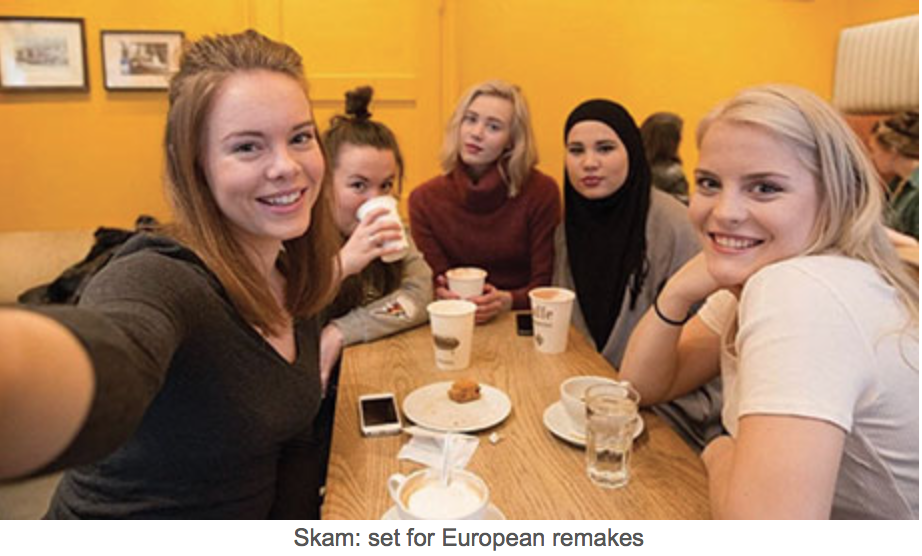
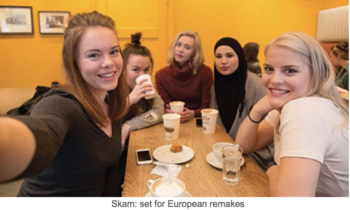 Norwegian pubcaster NRK’s hit teen drama Skam (aka Shame) will be remade across Europe after German distributor struck deals in five countries.
Norwegian pubcaster NRK’s hit teen drama Skam (aka Shame) will be remade across Europe after German distributor struck deals in five countries.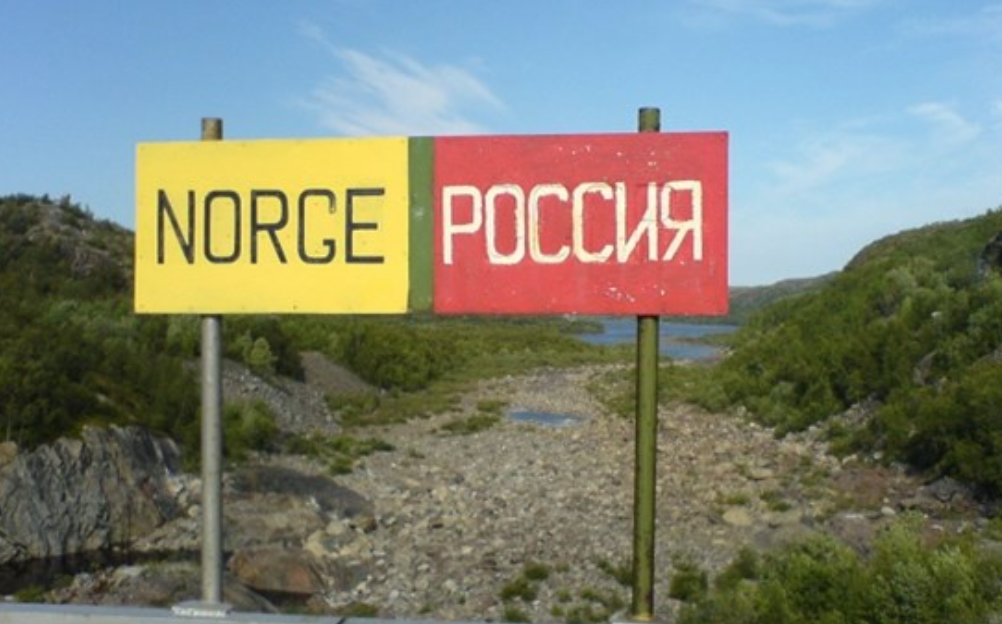
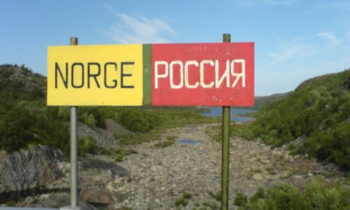 The Norwegian government intends to significantly strengthen the defense of their northern border, especially in the county of Finnmark which borders the Murmansk region, as stated on Friday by the Minister of Defense of the country, Ine Eriksen Soereide, while presenting the plan for Army and the Norwegian Home Guard (Heimevernet) reforms.
The Norwegian government intends to significantly strengthen the defense of their northern border, especially in the county of Finnmark which borders the Murmansk region, as stated on Friday by the Minister of Defense of the country, Ine Eriksen Soereide, while presenting the plan for Army and the Norwegian Home Guard (Heimevernet) reforms.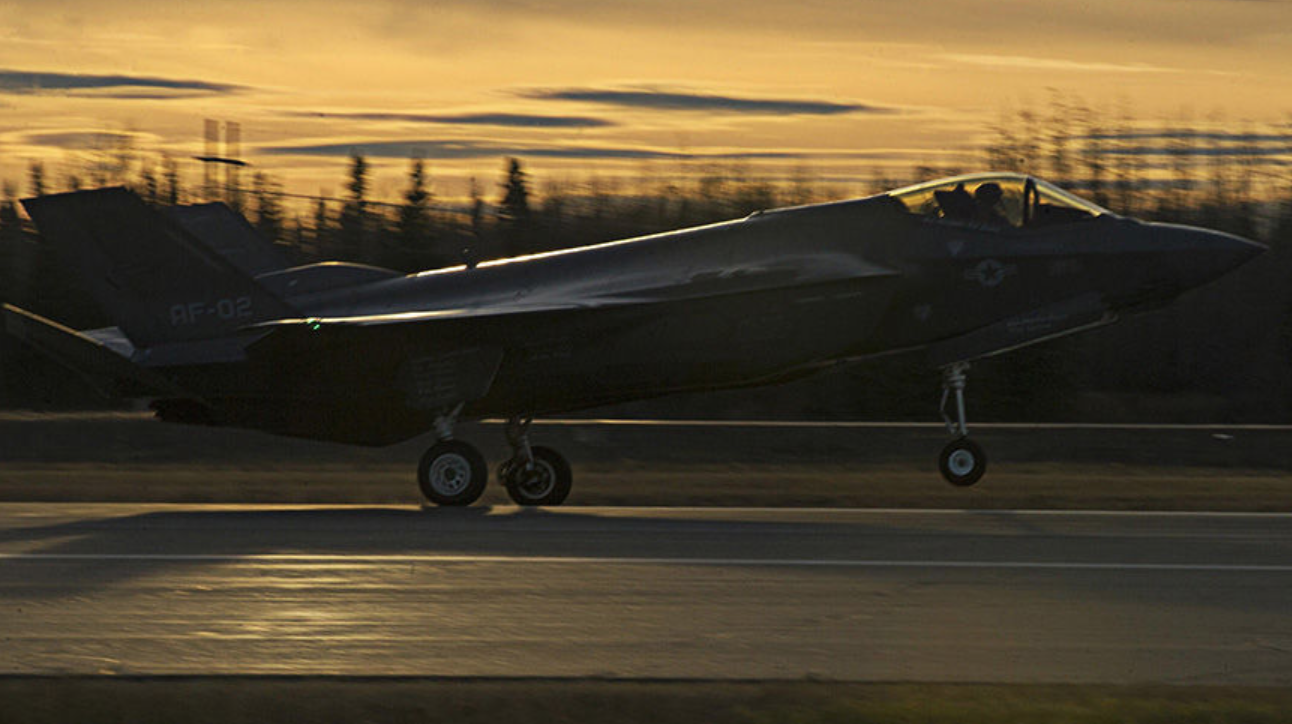
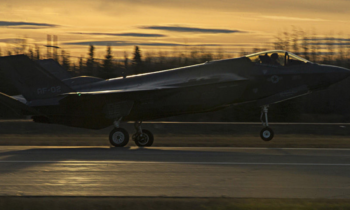 An F-35 fighter jet arrived at Eielson Air Force Base Thursday on an equipment-testing mission, according to a news release from the Air Force. It’s the first F-35 to land at Eielson.
An F-35 fighter jet arrived at Eielson Air Force Base Thursday on an equipment-testing mission, according to a news release from the Air Force. It’s the first F-35 to land at Eielson.
 A Dutch retired couple have been arrested in Norway for trying to smuggle 100 kilos of cannabis into the country, according to Norwegian media reports. The couple, a man aged 68 and a woman aged 75, had hidden the drugs throughout their car.
A Dutch retired couple have been arrested in Norway for trying to smuggle 100 kilos of cannabis into the country, according to Norwegian media reports. The couple, a man aged 68 and a woman aged 75, had hidden the drugs throughout their car.
 On Monday, Uber stated that they are to suspend unlicensed service UberPOP in Oslo pending new regulations in Norway, as the U.S. ride-hailing company embraces a more appeasing demeanor with national authorities. Uber is under aggressive pressure from taxi drivers and regulators across Europe who accuse the company of unfair competition and avoiding proper licensing.
On Monday, Uber stated that they are to suspend unlicensed service UberPOP in Oslo pending new regulations in Norway, as the U.S. ride-hailing company embraces a more appeasing demeanor with national authorities. Uber is under aggressive pressure from taxi drivers and regulators across Europe who accuse the company of unfair competition and avoiding proper licensing.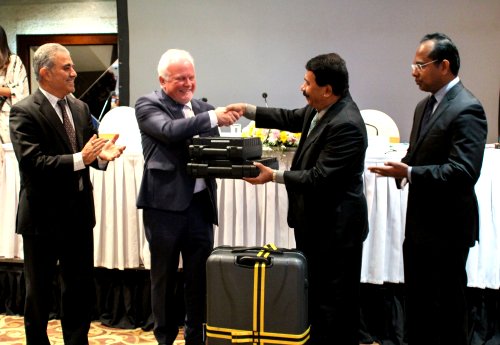
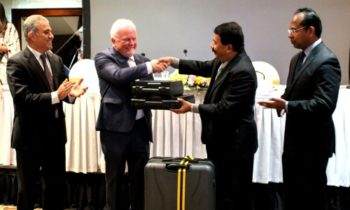 Norway is supporting Sri Lanka on a project to reduce the risk and impacts of landslides which is considered to be one of the major natural hazards in hill country of Sri Lanka.
Norway is supporting Sri Lanka on a project to reduce the risk and impacts of landslides which is considered to be one of the major natural hazards in hill country of Sri Lanka.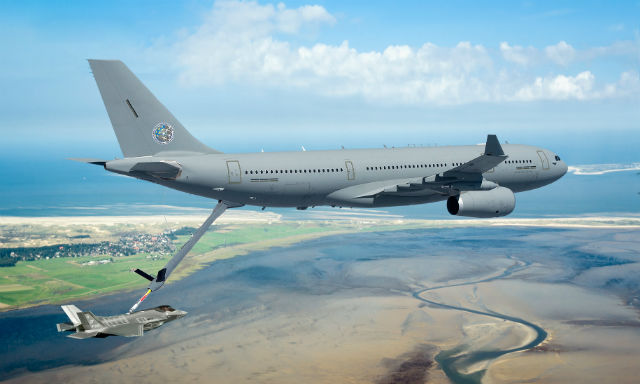
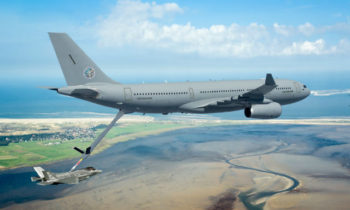 Germany and Norway have formally added a further five Airbus Defence & Space A330 multirole tanker transports to a multinational programme launched earlier this year by Luxembourg and the Netherlands.
Germany and Norway have formally added a further five Airbus Defence & Space A330 multirole tanker transports to a multinational programme launched earlier this year by Luxembourg and the Netherlands.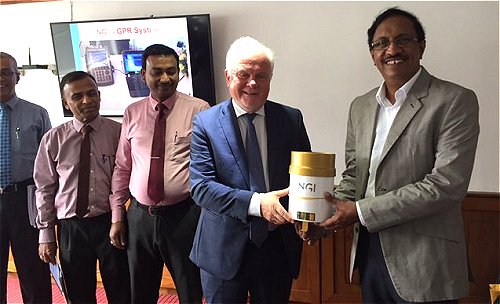
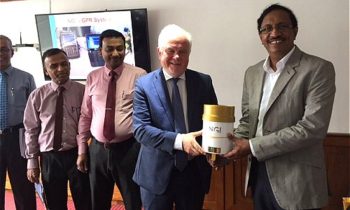 The Norwegian Government has handed over state-of-the-art landslide monitoring equipment worth 55 million rupees to the Sri Lankan Government to carry out geological surveys.
The Norwegian Government has handed over state-of-the-art landslide monitoring equipment worth 55 million rupees to the Sri Lankan Government to carry out geological surveys.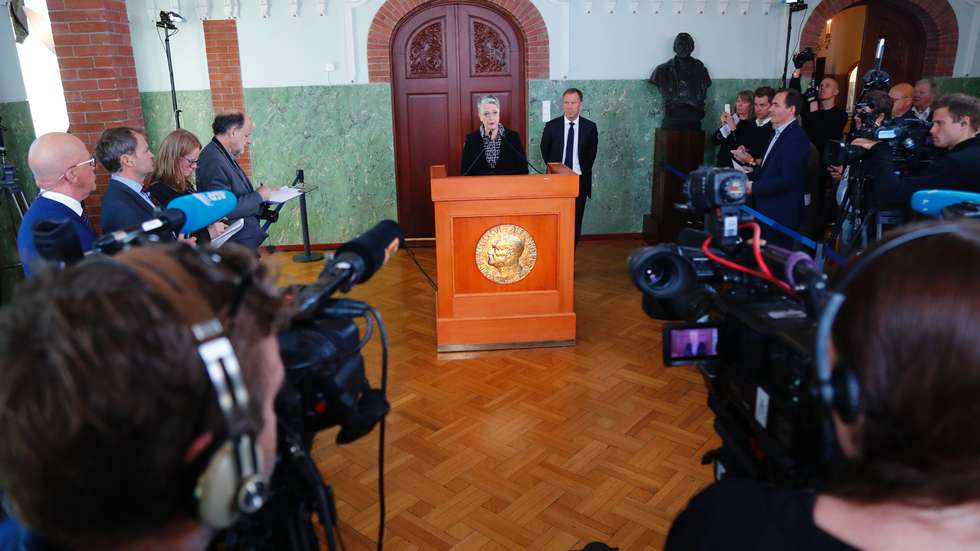
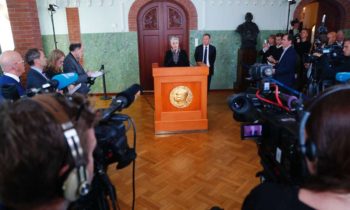 The International Campaign to Abolish Nuclear Weapons (ICAN) has won the Nobel Peace Prize for 2017.
The International Campaign to Abolish Nuclear Weapons (ICAN) has won the Nobel Peace Prize for 2017.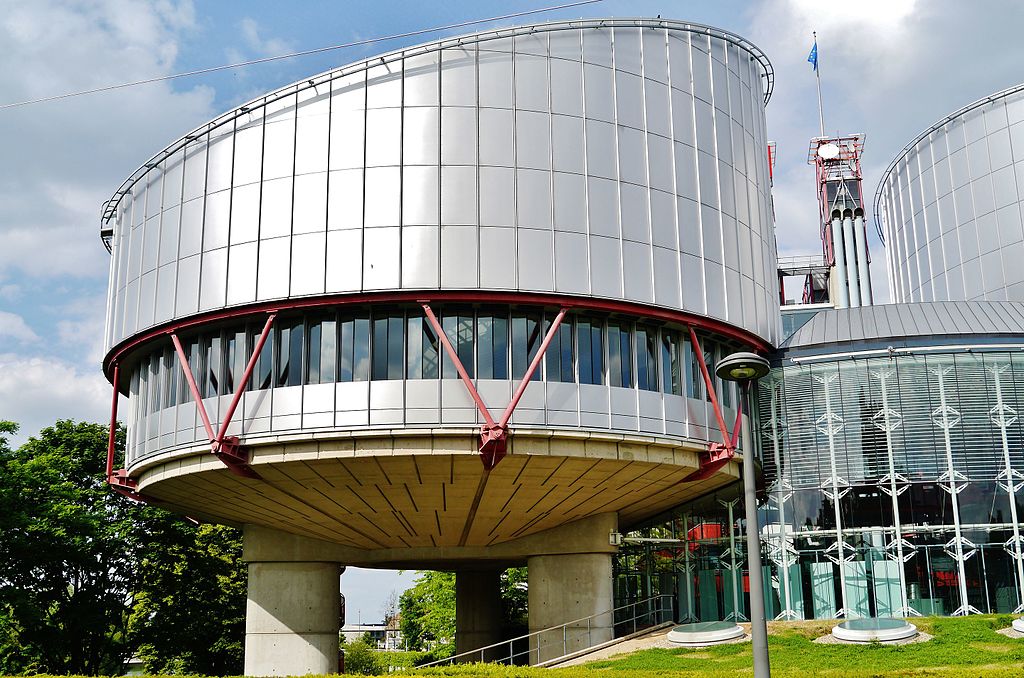

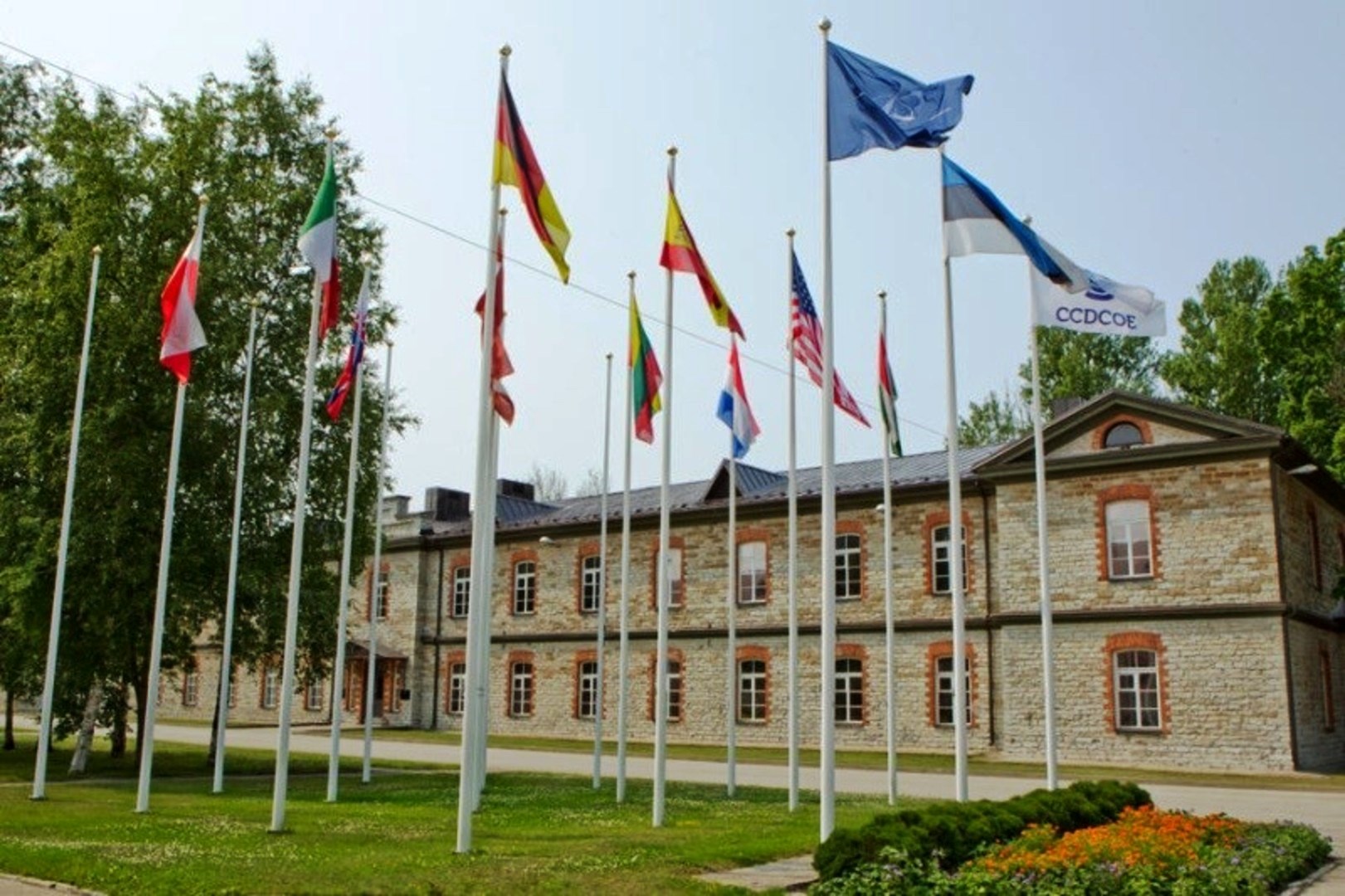
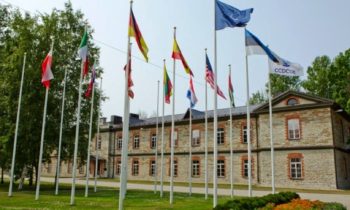 Norway has announced its intent to join the NATO Cooperative Cyber Defence Centre of Excellence in Tallinn, Estonia, enabling the knowledge hub to carry our research, training and exercises in cooperation with 21 member nations.
Norway has announced its intent to join the NATO Cooperative Cyber Defence Centre of Excellence in Tallinn, Estonia, enabling the knowledge hub to carry our research, training and exercises in cooperation with 21 member nations.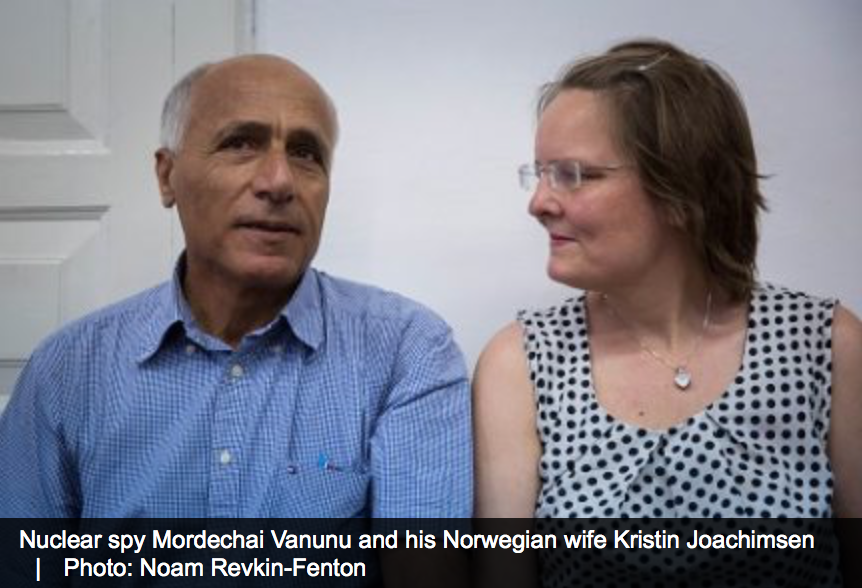
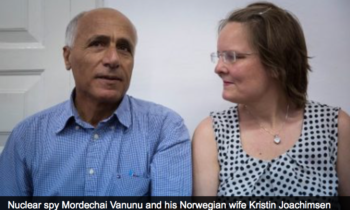 Mordechai Vanunu served 18 years in prison for providing information about Israel’s alleged nuclear capabilities to a British newspaper • In 2015, Vanunu’s Norwegian wife applied for him to be allowed to live in Norway under family reunification laws.
Mordechai Vanunu served 18 years in prison for providing information about Israel’s alleged nuclear capabilities to a British newspaper • In 2015, Vanunu’s Norwegian wife applied for him to be allowed to live in Norway under family reunification laws.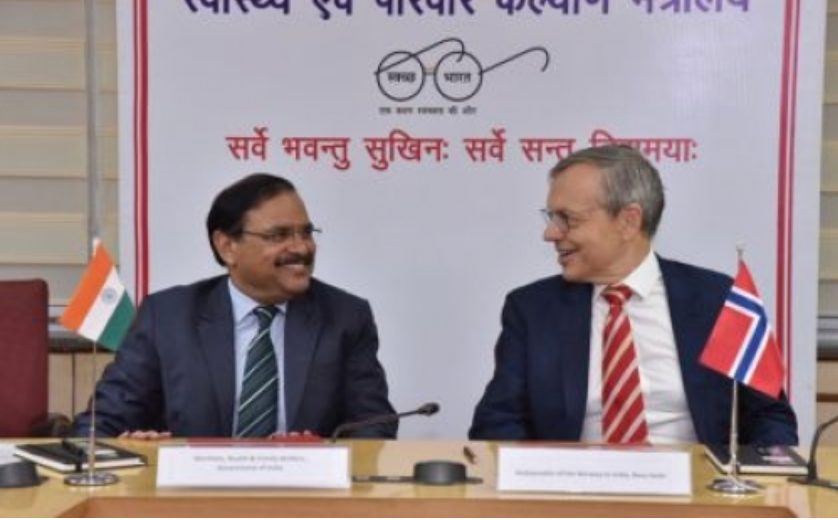
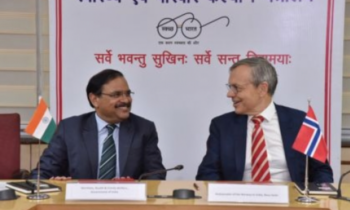 Ministry of Health and Family Welfare, Government of India signed a Letter of Intent with the Norwegian Ministry of Foreign Affairs, Government of Norway to extend the cooperation within health sector through the Norway India Partnership Initiative (NIPI) for a period of three years starting from 2018, here today.
Ministry of Health and Family Welfare, Government of India signed a Letter of Intent with the Norwegian Ministry of Foreign Affairs, Government of Norway to extend the cooperation within health sector through the Norway India Partnership Initiative (NIPI) for a period of three years starting from 2018, here today.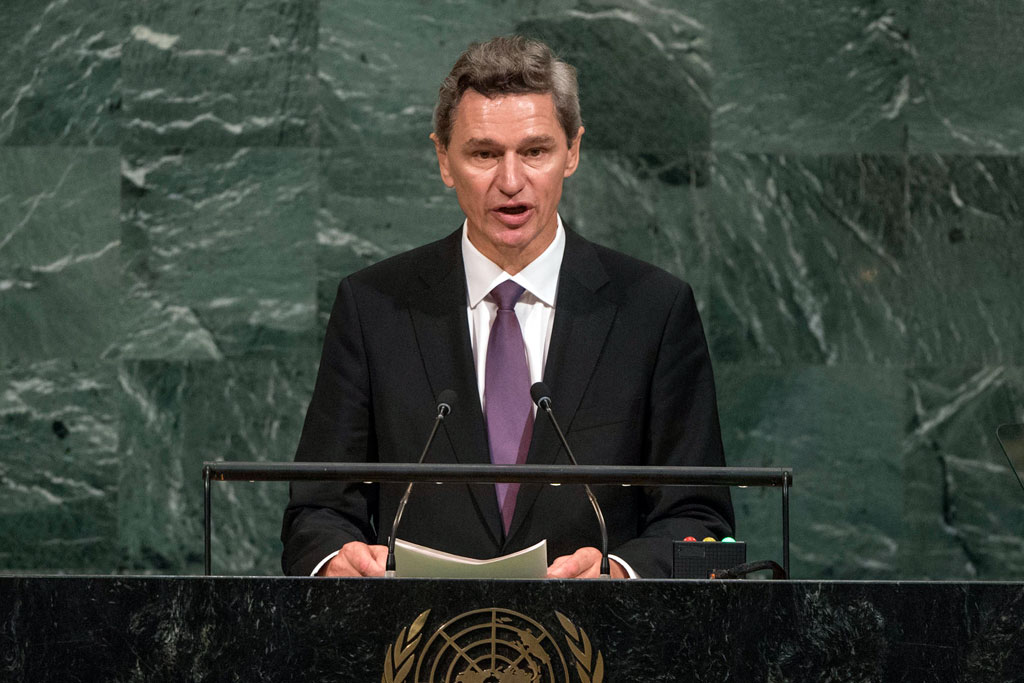
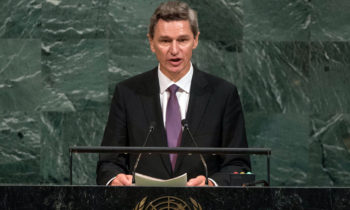
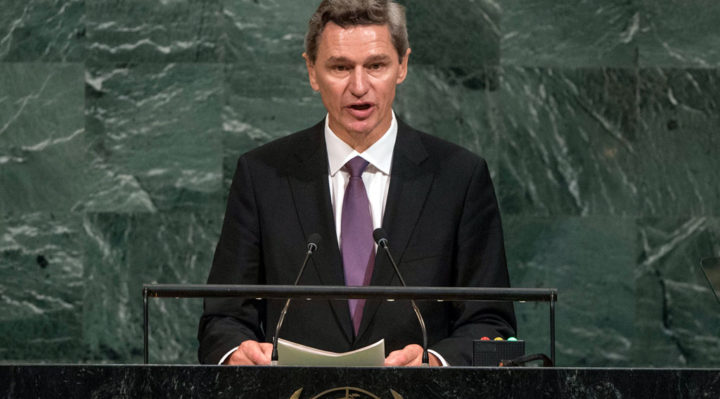
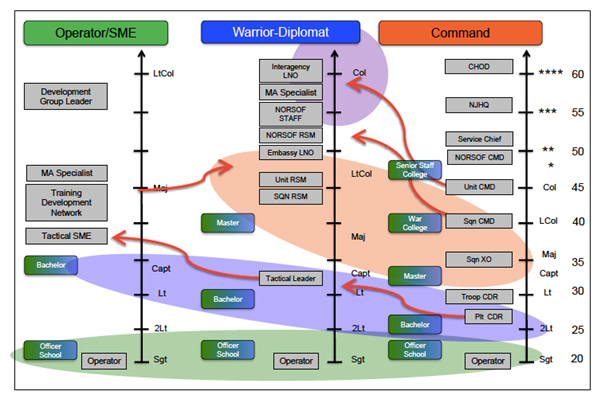
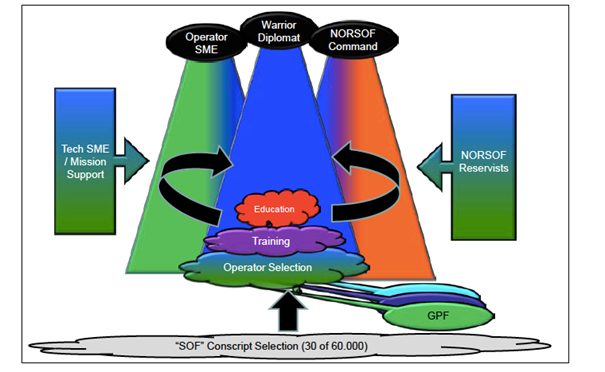
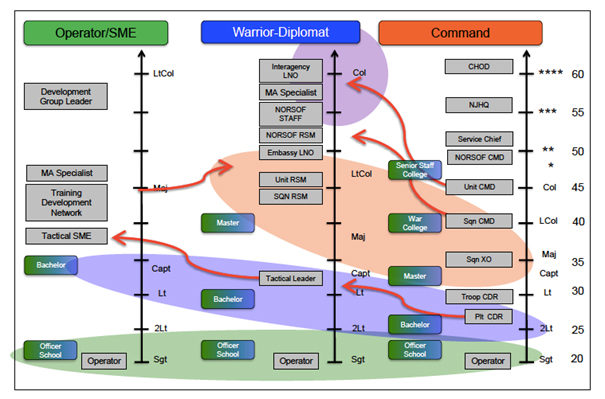


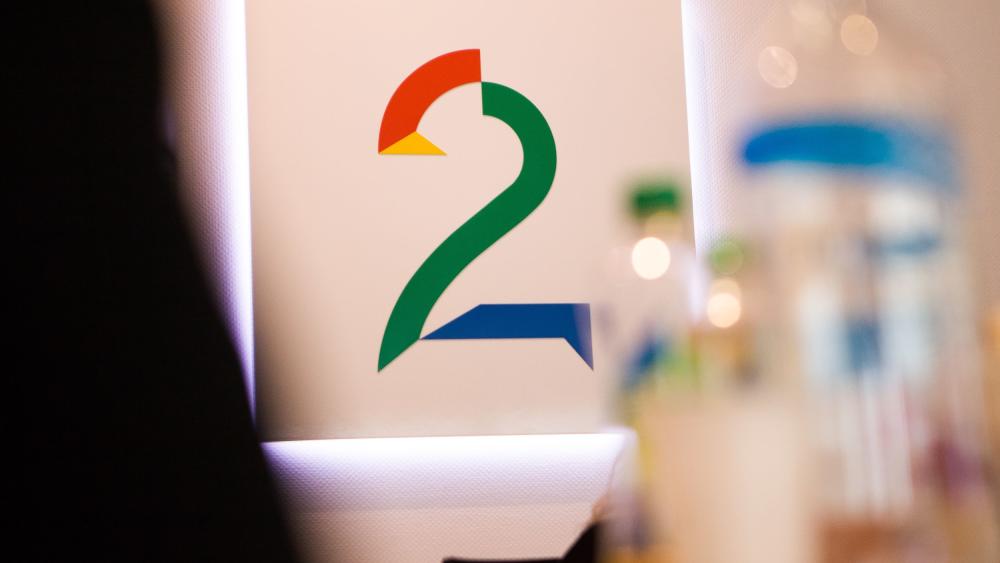
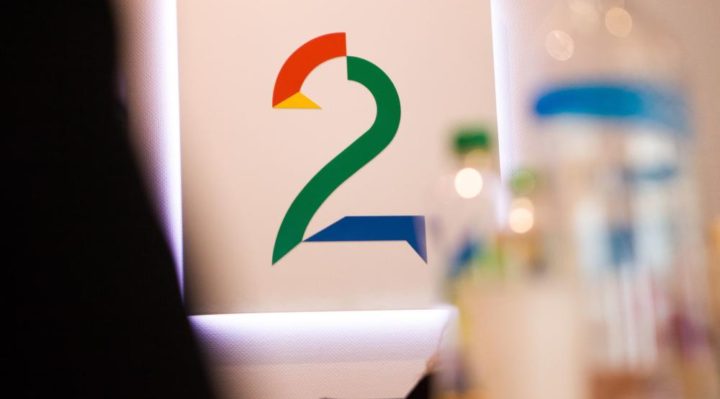 IPE today announced that TV 2, Norway’s largest commercial broadcaster, has installed IPE’s IDS production timing system as part of the construction of new broadcast and production facilities in Bergen.
IPE today announced that TV 2, Norway’s largest commercial broadcaster, has installed IPE’s IDS production timing system as part of the construction of new broadcast and production facilities in Bergen.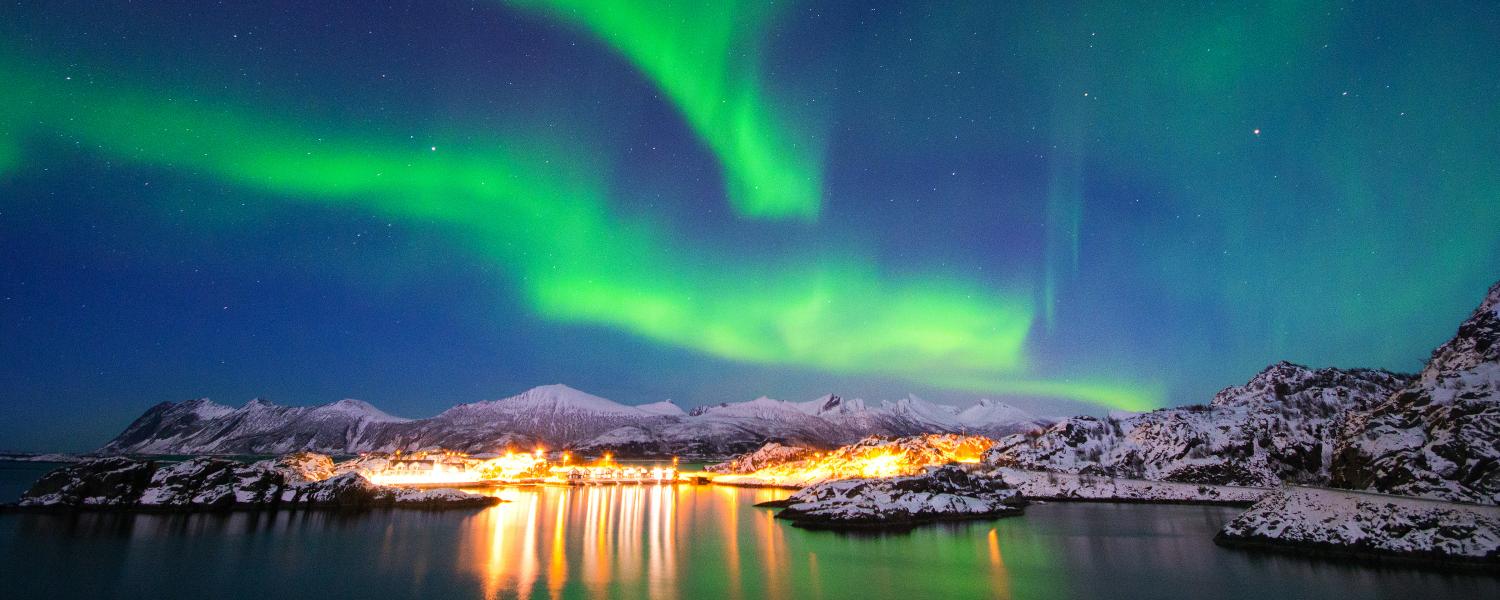
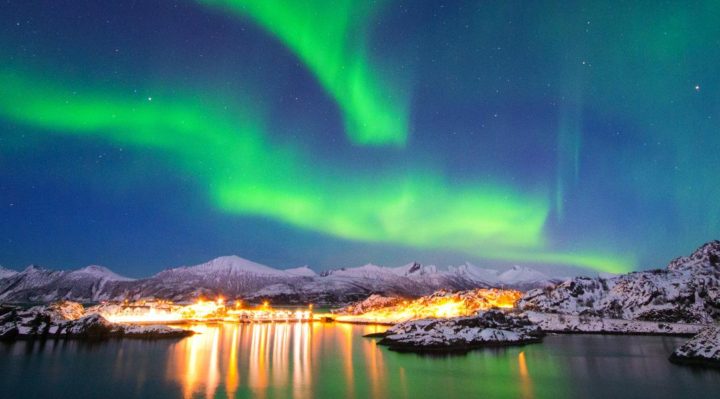 Norwegian media have noted that a huge ad at Iceland’s domestic airport saying welcome to Iceland actually features a photograph of Northern Lights in a Norwegian fjord.
Norwegian media have noted that a huge ad at Iceland’s domestic airport saying welcome to Iceland actually features a photograph of Northern Lights in a Norwegian fjord.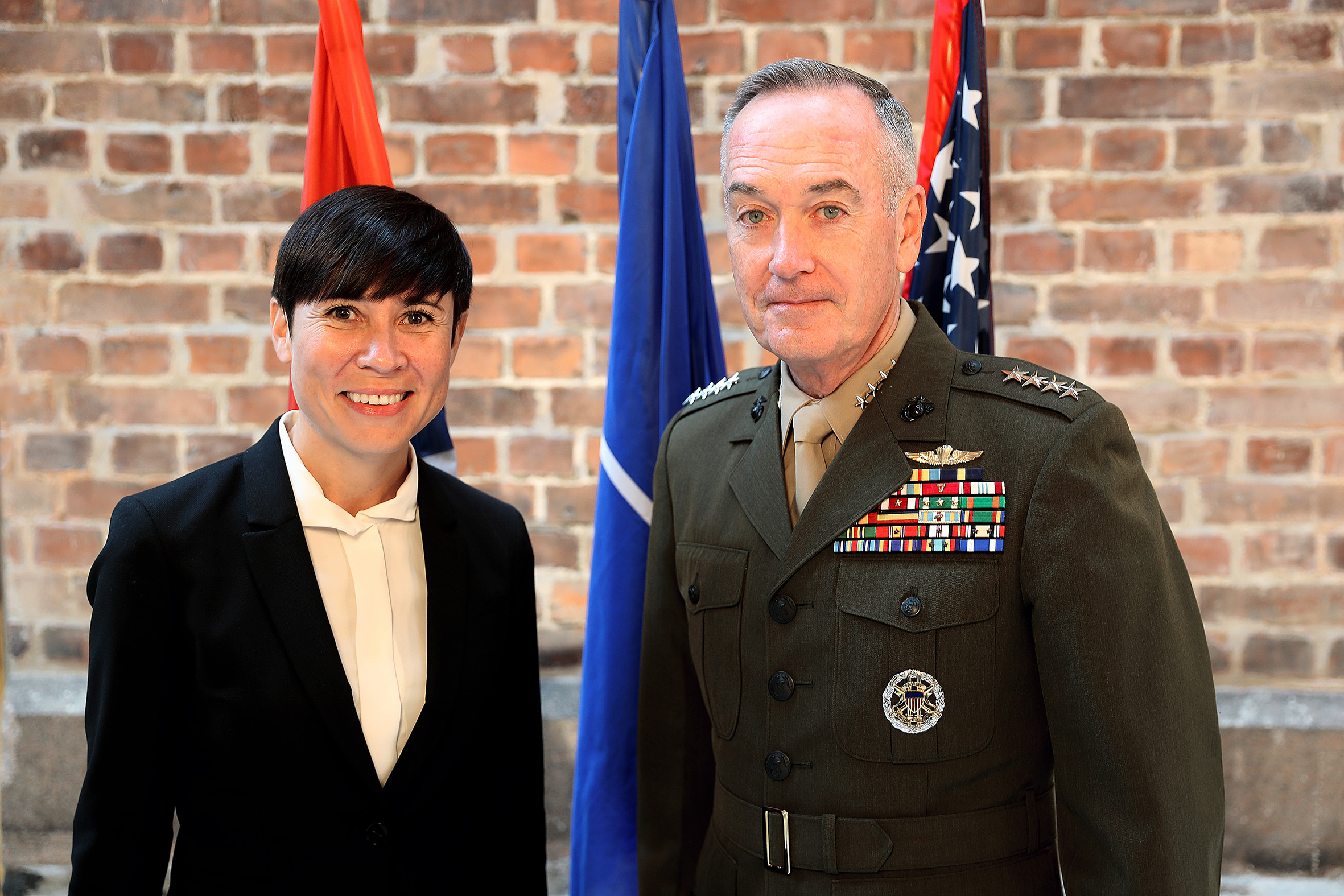
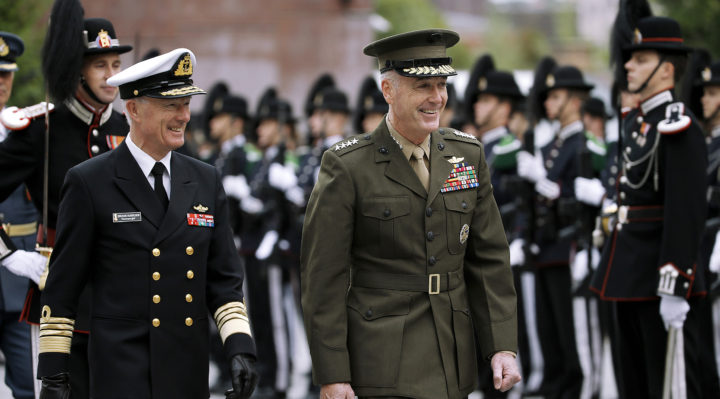
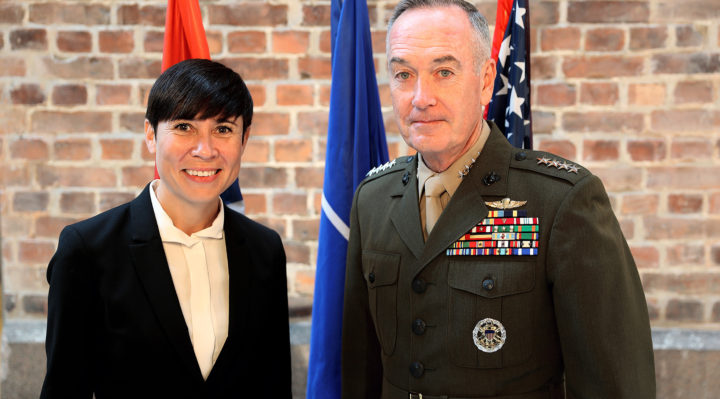


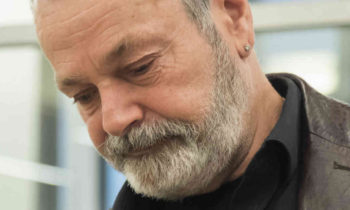 A former senior Norwegian police officer was sentenced to 21 years in prison on Monday for aiding drug smugglers and taking bribes in a case that captivated a nation accustomed to clean law enforcement.
A former senior Norwegian police officer was sentenced to 21 years in prison on Monday for aiding drug smugglers and taking bribes in a case that captivated a nation accustomed to clean law enforcement.